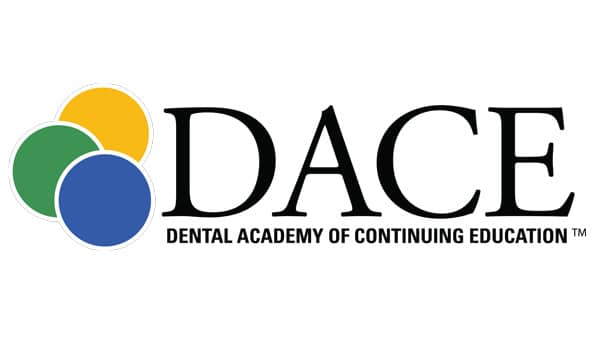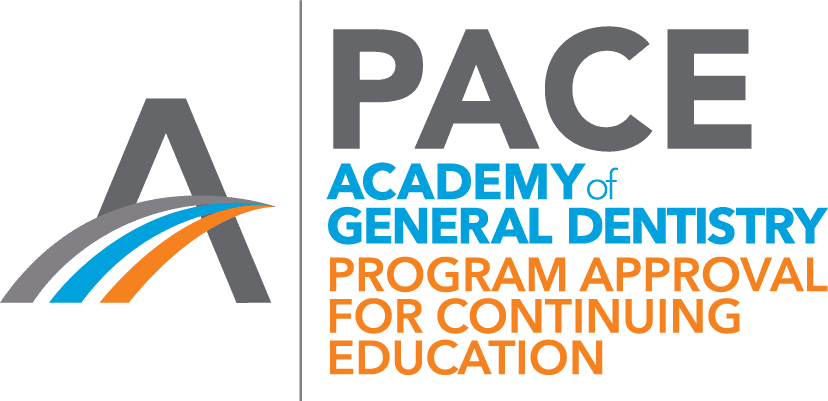Inflammation represents the body’s protective response to injury and tissue destruction. Its purpose is to destroy, dilute, or sequester the injurious agent and the injured tissues in order to permit healing. Inflammation can also be potentially harmful. Clinical signs of inflammation are redness due to open blood vessels, heat due to warmth of blood, swelling due to edema, pain due to stimulation of pain receptors, and loss of function due to edema. Periodontitis is the result of inflammation to the periodontium, and cytokines, or chemical mediators, are the result of inflammatory cells fighting against bacterial plaque. High amounts of these mediators can affect the body’s systems, especially the arteries and can potentially cause more harm in a patient with compromised cardiovascular health. Dental professionals should assess risk for patients with diagnosed (or undiagnosed) diseases such as diabetes, respiratory diseases, and osteoporosis and refer patients to a physician or periodontist as necessary. It is very important to evaluate and monitor oral hygiene in at risk patients. The inclusion of antimicrobials as a part of patient home care to enhance plaque control should be considered.






